Candy Whorehol’s Pink Dreams: A Queer Perspective on Barbie’s Influence and Significance
Candy Whorehol first came out to their sister’s Barbie doll before any human. Let’s explore their relationship with the iconic doll and its effect on how they see the world
From Candy Whorehol to Fabgelous to Gelo Arucan—this person is a fascinating human being with an unconventional approach to style, influenced by their quirky fixations with camp, cartoons, and queer culture. They’re a one-in-a-million gem with a personality that radiates humor and pop culture references, seamlessly blending the offbeat and the fabulous.
RELATED: The Power and Solace of The Little Mermaid
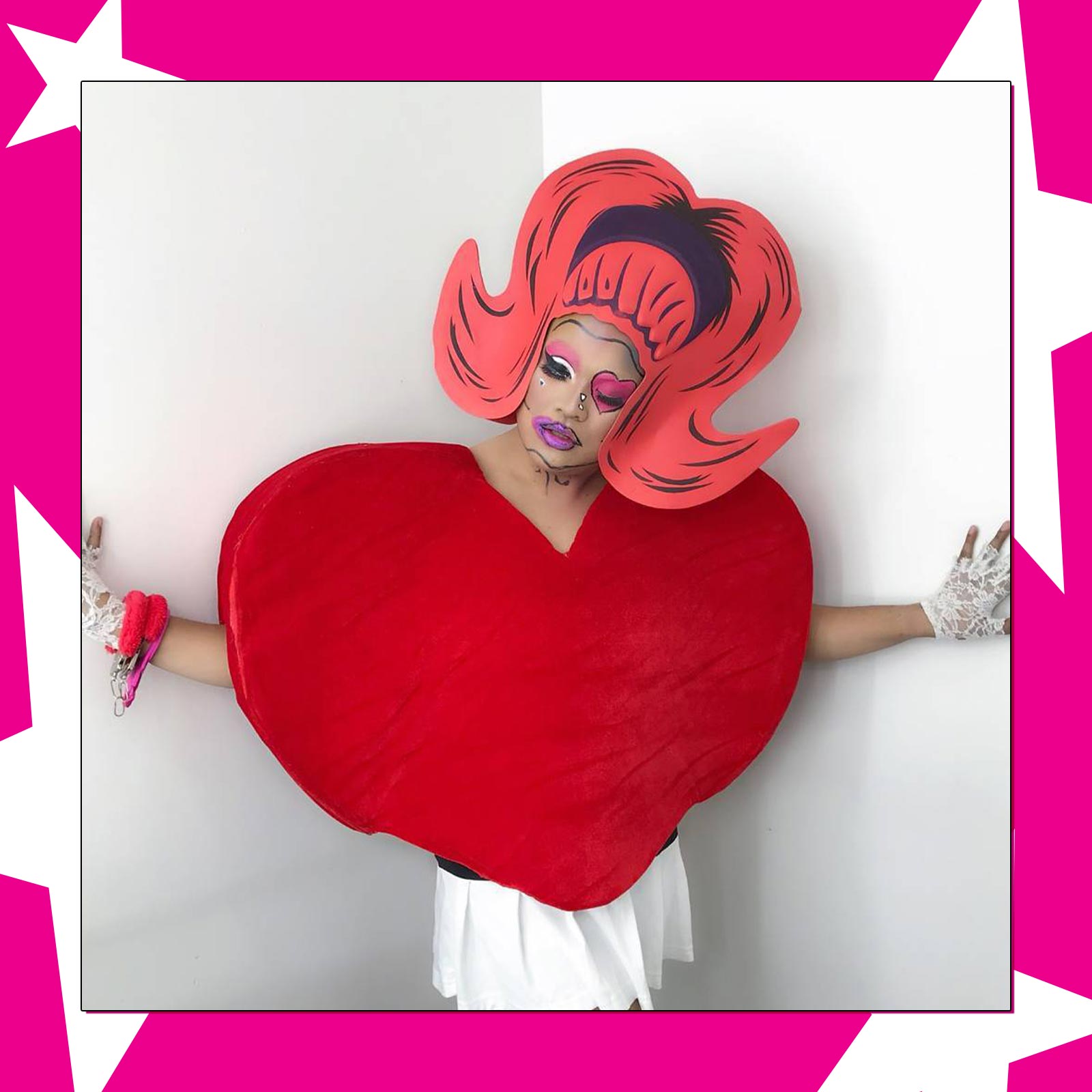
Why are you obsessed with Barbie?
My first exposure to Barbie was when my sister was born. I’m the eldest in the family, and before she was born, I was only given toy guns and cars to play with. During that time, those toys didn’t resonate with me, and I didn’t want to play with them. On the day my sister was born, she was given Barbies as gifts, and I was drawn to Barbie. I liked how flashy she looked. I liked her clothes. I just loved everything about her. For some reason, Barbie sparked joy within me, and that’s when my Barbie obsession began. I would secretly play with my sister’s Barbies and make her role-play and act out scenes. Barbie taught me that with just a bit of imagination, I truly can be anything.
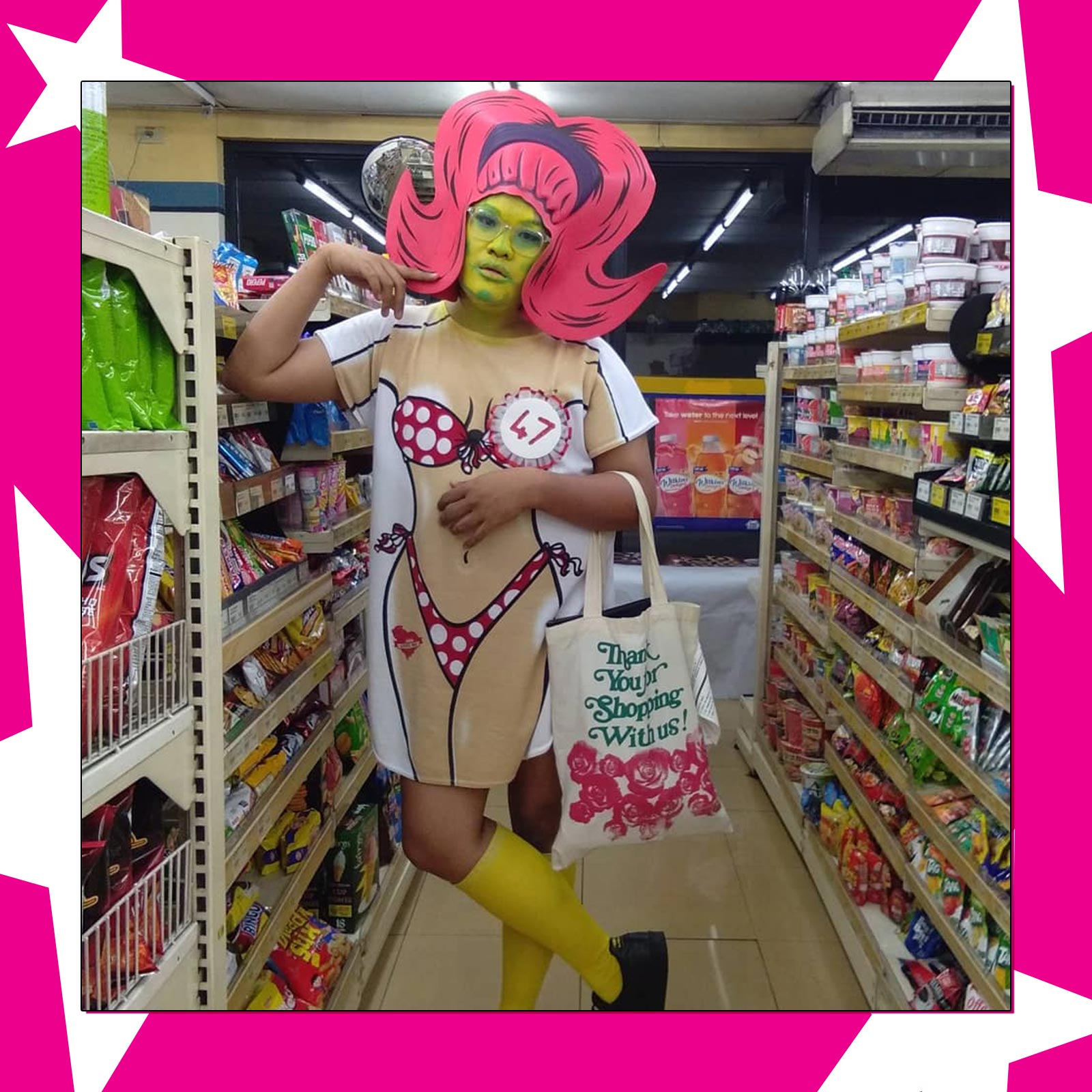
I know that you’ve seen Barbe: The Movie 4x already. What are your takeaways from it?
Honestly, when Barbie the movie was first announced, I was really expecting that it would be just a fun light movie with the same vibes as their animated counterparts. After watching [it], I was definitely wrong. I like how it started fun and brought us to a personal coming-of-age (or should I say, coming-of-human?) journey with Barbie. The movie was able to use Barbie, a cultural phenomenon, as a mouthpiece to talk about several issues that the Real World is facing. Barbie has reinforced the core value of its toy—that Barbie can be anything, including being human.
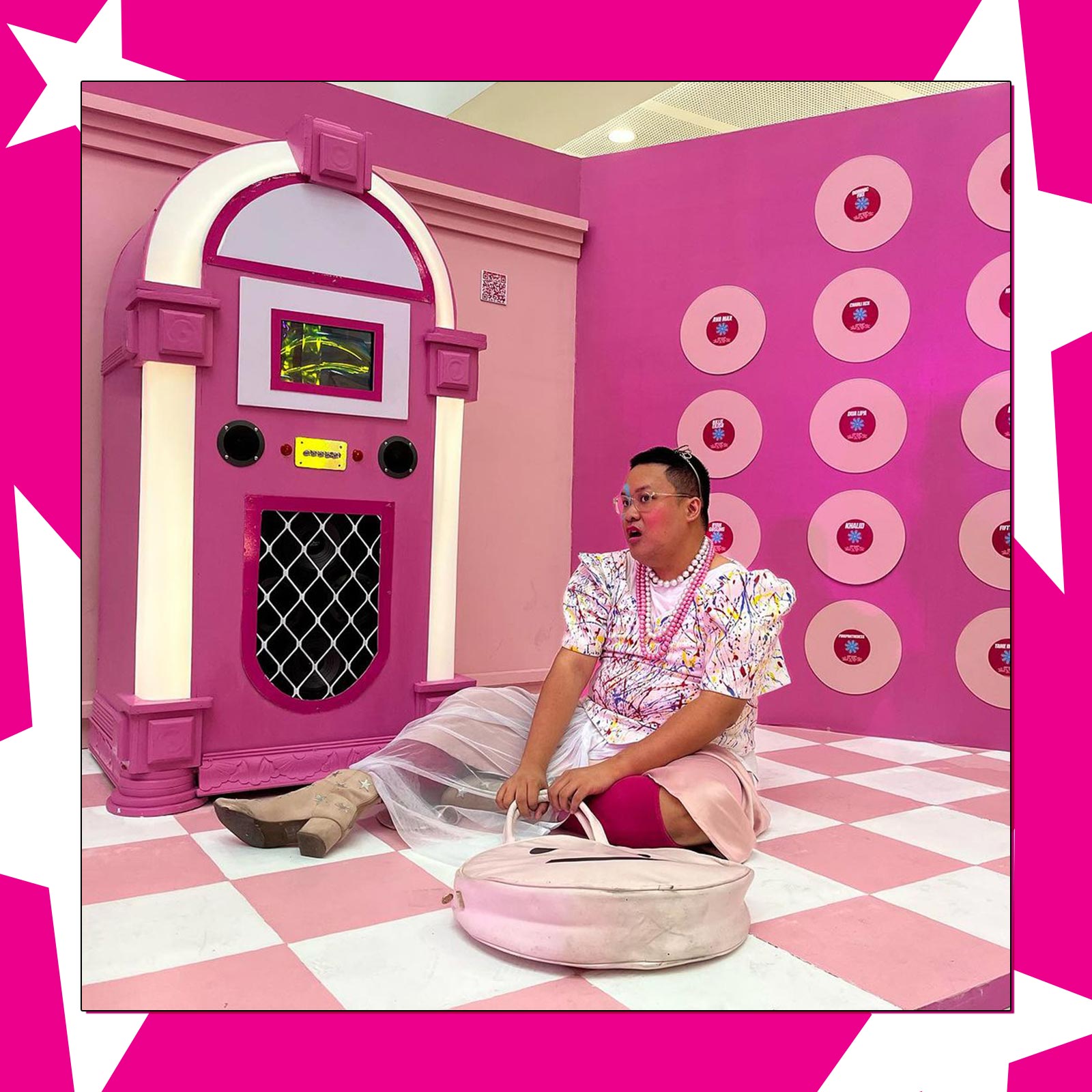
Aside from nostalgia, why do you think many people are so drawn to Barbie?
I think people are drawn to Barbie because Barbie reminds [us] that we can be anything. Barbie helps people to be aspirational. Barbie became an astronaut even before the first man landed on the moon. Barbie owned a Dreamhouse even before women could own a credit card. If we can see a doll do these things, then it inspires us to at least try and do them as well.
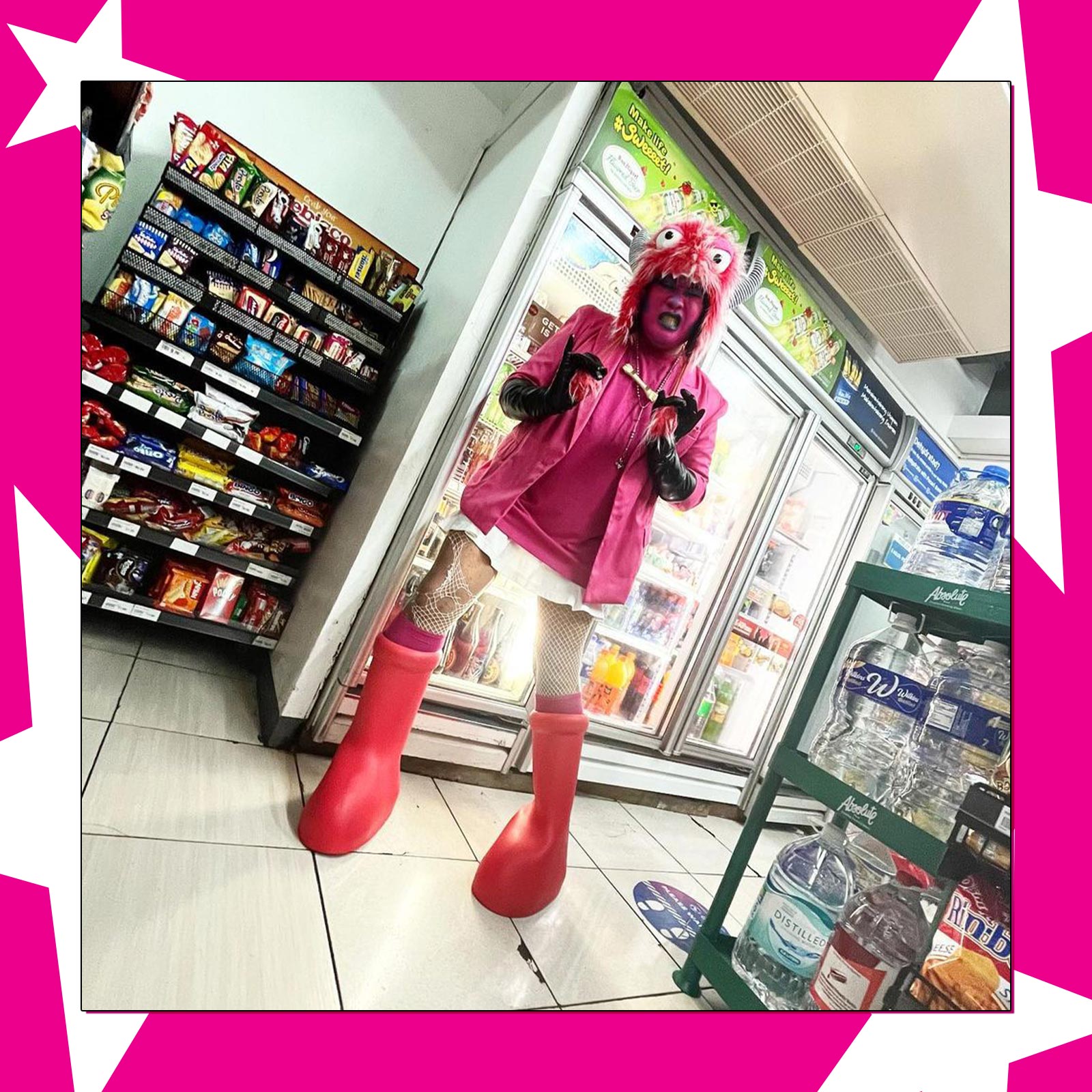
How do you perceive Barbie’s impact on your development as a gay individual?
Growing up gay, Barbie was my safe space. In fact, I think I came out to my sister’s Barbie first, even before coming out to actual humans. I found solace in playing with [the doll] even if it was done in secret. Barbie’s cultural impact was pivotal to my personal development as a gay individual because I saw how [it] changed and developed through the times. I saw Mattel releasing black Barbies, Asian Barbies, etc. To see [her] change and develop felt as if the world was becoming more accepting. Seeing these changes made to Barbie made me more confident to come out as a Barbie in the Real World and stop hiding as a Ken.
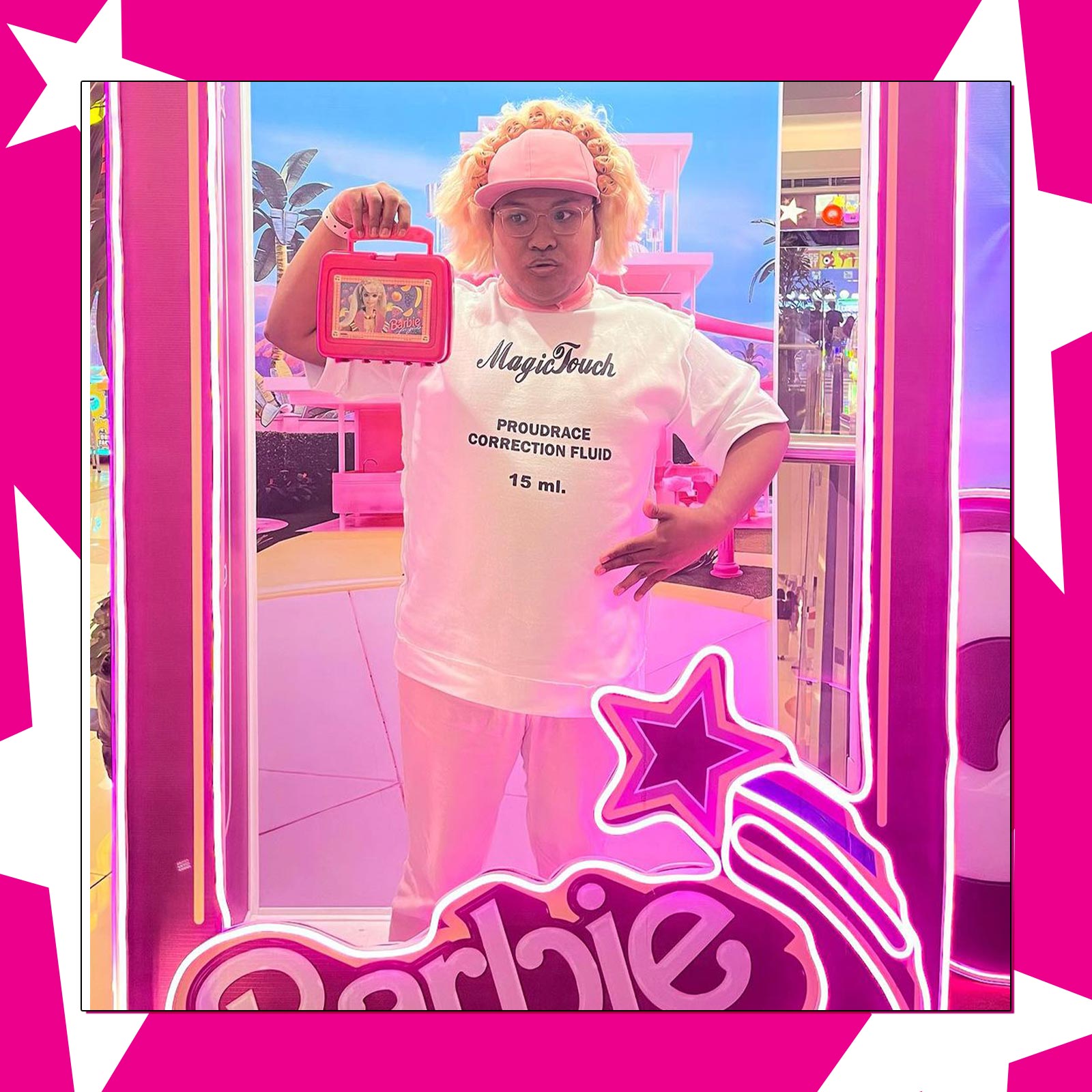
How does Barbie’s reputation for breaking traditional gender roles align with your experiences or views?
I think it’s awesome that Barbie was invented by Ruth Handler because she saw her daughter playing with just baby dolls, and she wanted to change that. The main purpose of Barbie was to show kids that they could choose to be what they wanted. As a kid, I liked seeing my sister’s Barbies having a wide array of occupations, including those traditionally reserved for men. It taught me that anything men can do, women can do while looking fabulous. I love that Barbie is still embracing that core value up to this day, and they never stopped teaching kids that they can break away from traditional gender roles and that they can choose to be anything.

How has Barbie influenced your perception of beauty and self-acceptance?
Before, Barbie made me self-conscious because Barbie was just too perfect. However, the fact that Barbie now comes in a wide range of shapes, sizes, colors, etc., reminds me that real humans also come in a wide range. Barbie has taught me that we don’t need to be Stereotypical Barbie. Barbie has taught me that I’m beautiful, and I know it!

Do you think Barbie’s representation in the media has impacted LGBTQIA+ visibility and acceptance?
I would like to believe so. Barbie is one of those toys that adapted to the times. Now, there are Pride Barbies, and recently, a trans actress portrayed Doctor Barbie in [the movie]. I think these actions from Barbie may help to teach kids who play with Barbies to be more accepting—and I think that is fantastic!
Photos: GELO ARUCAN/CANDY WHOREHOL (via Instagram)
The post Candy Whorehol’s Pink Dreams: A Queer Perspective on Barbie’s Influence and Significance appeared first on MEGA.
Candy Whorehol’s Pink Dreams: A Queer Perspective on Barbie’s Influence and Significance
Trending Updates Central

No comments: